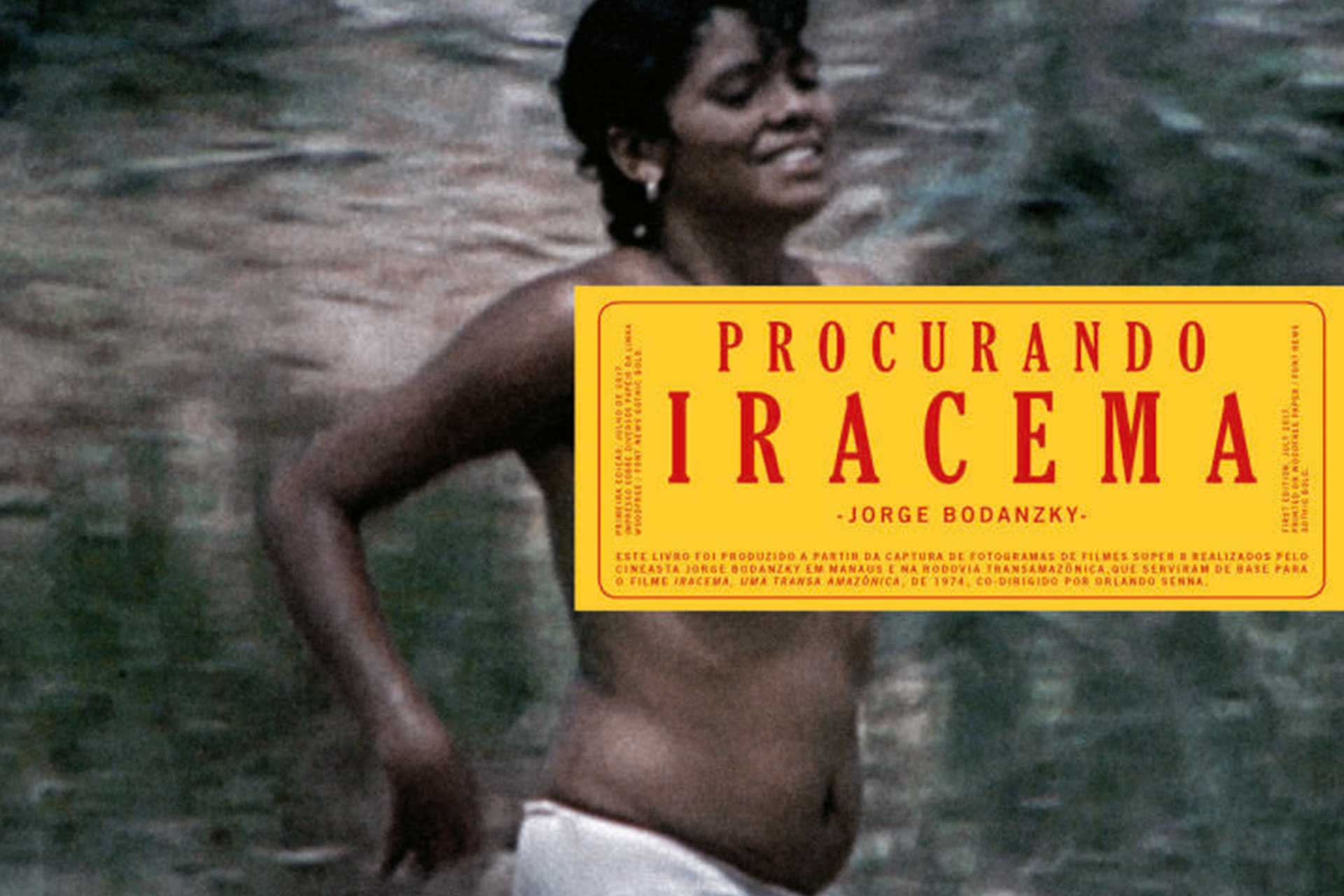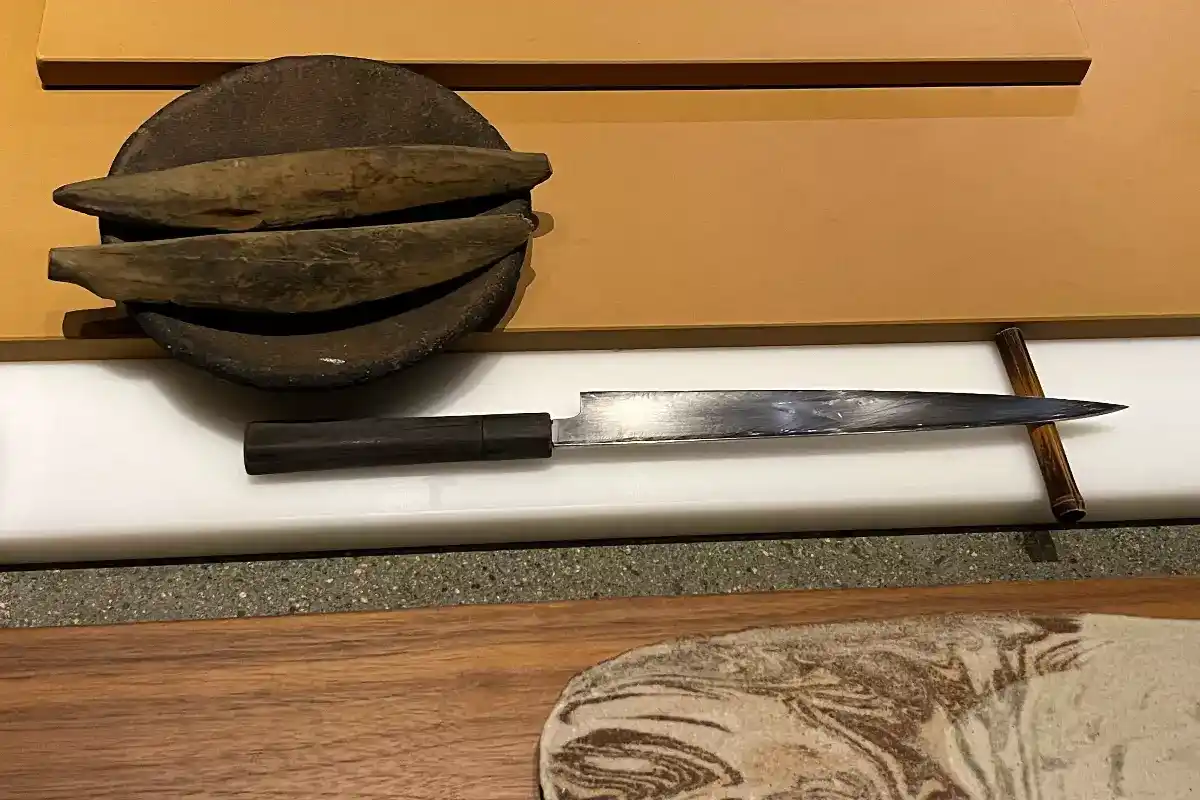«We compared the Livraria to a mandarin tree. As its seeds become fruits, books turn into knowledge in the process of reading». In conversation with Roberta Paixão and Daniela Amendola
About the owner: Roberta Paixão
São Paulo is one of Brazil’s megacities, exerting influences in commerce, finance, entertainment and the arts. In August 2019, Daniela Amendola and Roberta Paixão, with experience in marketing and communication, contributed to the city’s cultural scene by founding one of the first independent bookstores in the country: Livraria Mandarina.
Born in Rio de Janeiro, Roberta Paixão completed her M.A in Marketing, at the University of Westminster in London. After graduating, she returned to Brazil to start a career in journalism, writing for Brazilian magazines. She later founded a communication agency in São Paulo, which brought her in contact with creative agencies from the country. Fifteen years of activity later, she sold her company to the French communication group, Publicis Groupe. She enrolled in a two-year Postgraduate course in fiction writing, at the Instituto Vera Cruz.
«That is when I met Daniela. During the course, we discovered we shared a background in marketing and a reverence for literature. We became friends and started planning a business together. Daniela’s dream of opening a bookstore became our dream. Five months after we met, we opened Livraria Mandarina», Paixão explains. «Six years ago, I quit my job. And opened my house to professors, academics, sociologists, writers, and personalities from the humanities field. Two years later, I launched a series of workshops, renaming my house ‘Kintao Amendola,’ in honor of my grandfather – who was Italian. He ran a bookstore in Campinas – my native city – for forty years. The store had closed before I was born, but memories of the place circulated within my family. When I met Roberta in March 2019, I knew the time had come to make a step», says Daniela Amendola.
Behind the Mandarina idea
In Portuguese, ‘Mandarina’ means mandarin orange. A plant that arrived in Europe from China, reaching Spain and Portugal during the Fifteenth century. The Portuguese introduced it to Brazil, which today is a producer and exporter. «We had four meetings to discuss the store’s name and identity», Paixão points out. «We compared the Livraria to a mandarin tree. As its seeds become fruits, books turn into knowledge in the process of reading. When ripening, the mandarin undergoes a change in color, from green to orange. It is a metaphor for the transformation that readers undergo». According to Amendola «The bookstore embodies the concept of ‘Lettura Fruttifera’ or Fruitful reading». The reference to the Chinese-born plant is visualized in two mandarin trees that Amendola and Paixão planted outside the store.
Book selection: over than twelve-thousand titles
With over twelve-thousand titles, Livraria Mandarina spans over two floors. The ground floor, which is accessible from the street, has literature, cartoons, biographies and gender books, arranged on wooden shelves in alphabetical order. On the first floor are publications dedicated to social sciences, philosophy, psychology, politics, poetry and children books. Amendola and Paixão curate the selection according to their interests and those of their clients. They reserve space to classic literature, with Virginia Woolf and Russian literature on the frontline. Novels from Brazilian authors are next alongside to authors from Italy (Alessandro Baricco, Italo Calvino, Elena Ferrante, Nathalia Ginzburg, and Giuseppe Tomasi di Lampedusa), Spain, France, U.S.A, Japan, Mexico, South Korea. The books are not available in their language, but in Portuguese. Importing books to Brazil is a financial strain for the business.
«We collaborate with Brazilian publishing houses, Companhia das Letras, L&PM Editores, Nova Fronteira, Editora 34, Ática, Girassol, Diadorim, Chão da Feira, Reformatório, Laranja Original, Sundermann, Avec, Amelí, Ozé, Tabla, Arribaçã and Boto-cor-de-rosa. We consider ourselves ‘livreiras’ – someone who guides you through what the bookstore has to offer», Paixão explains. «During this first year of activity, we realized people in São Paulo are longing to read and learn about disciplines. Classic novels sell, as do books by contemporary writers as Milton Hatoum. His titles, including Dois Irmaos (Two Brothers) from 2000, are among our bestsellers. Hatoum has become a Brazilian classic with his descriptions of Amazonia with questions concerning the planet’s survival».
Readers have shown a desire to keep informed on contemporary political and social issues, including the Black Lives Matter Movement and egalitarianism. Barak Obama’s biographies and autobiography, and publications by U.S female activists Bell Hooks and Angela Davis are of interest.
The promotion of non-fiction publications
The bookstore stands for democracy and resistance. «Living in São Paulo, social injustice and financial inequality are on the agenda. Here, people are allowed to take a break, and discuss topics without censure». This is why they consider taking feedback from the youth. «The belief that children are the makers of the future led us to reserve them a room upstairs, where titles from editor Editora Biruta are available. We invite children to develop critical thinking while interacting with their peers. Before the pandemic, we presented books with the authors reading passages to the kids, as did Edith Chacon and Fran Junqueira, for their book Festança».
Events and workshops
In the face of the pandemic, Livraria had to rethink events for adults. Since it opened, Mandarina has offered a series of courses to members, involving personalities from the field of humanities, whom Amendola and Paixão have acquainted and befriended during their professional experiences. Names include, university professors, scholars, researchers and speakers who are given a chance to teach. Among events conducted via video, was a course on Greek mythological poetry, philosophy, and historiography conducted by Professor Marcos Martinho and on the history of plagues, by philosopher Victor Hugo Fonseca. Fátima Assumpção has delivered a course on Astrology and the Zodiac.
Intellectuals reach out to the Livraria, as it happened when Professor Giuliana Teixeira offered her availability to curate an introduction to Russian literature based on readings by Pushkin, Gogol, Chekhov and Dostoevsky. For those who cannot afford the courses or cannot commit to them, every last Thursday of the month from 8:00am to 10:00pm, a free book club is supervised by writer Paloma Franca Amorin, who is remunerated in books in return for her commitment. «Natalia Ginzburg’s Family Sayings, Pedro Páramo by Mexican author Juan Rulfo, La ridicula idea de no volver a verte by Spanish Rosa Montero were among the books the participants were invited to discuss. The protagonist of our last meeting was Quarto de despesio by Carolina Maria de Jesus», Amendola points out.
The bookstore’s cafè
At the bookstore’s café, one can order the ‘Mandarin blend espresso’. It is a coffee made of Mina Jerais beans, with notes of chocolate, pineapple, and citrus. It is exclusive to the cafe. Amendola and Paixão collaborate with Pandam, the café’s cheesecake supplier. Their desire to collaborate with local enterprises has led Amendola and Paixão to open a branch of Mandarina, within walking distance, at Ina Café, where they have arranged a selection of five-hundred books from their store.
«In the future, we plan to collaborate with café’s, restaurants, concept stores, design and fashion stores to bring Livraria Mandarina into the city. Considering that bookstore chains have started to close down in São Paulo since 2017, we detected a business opportunity. We are looking for spaces where branches of our bookstore can be found. At the moment, our priority is the setting up of a branch in Jardim Ângela, an area of São Paulo devastated by poverty and criminality. We are working with authorities, publishers, and editors to make this happen in order to make culture accessible to the community».
Livraria Mandarina
R. Ferreira de Araújo
373 – Pinheiros
São Paulo, Brazil




















